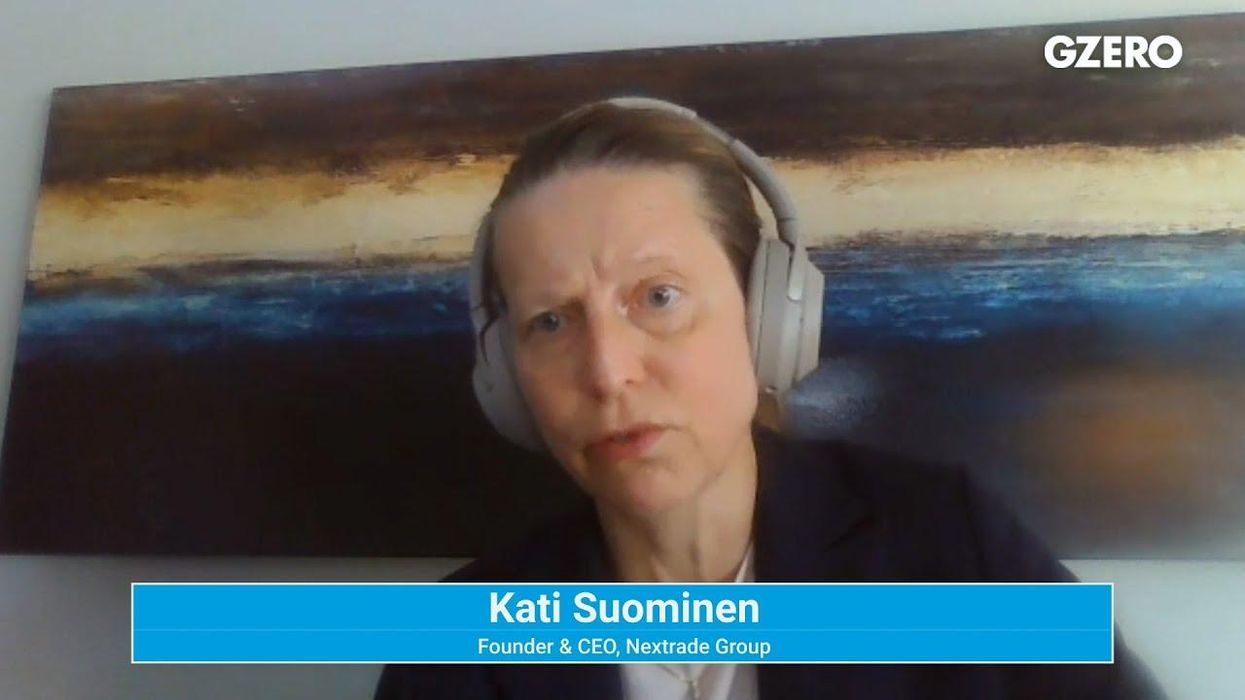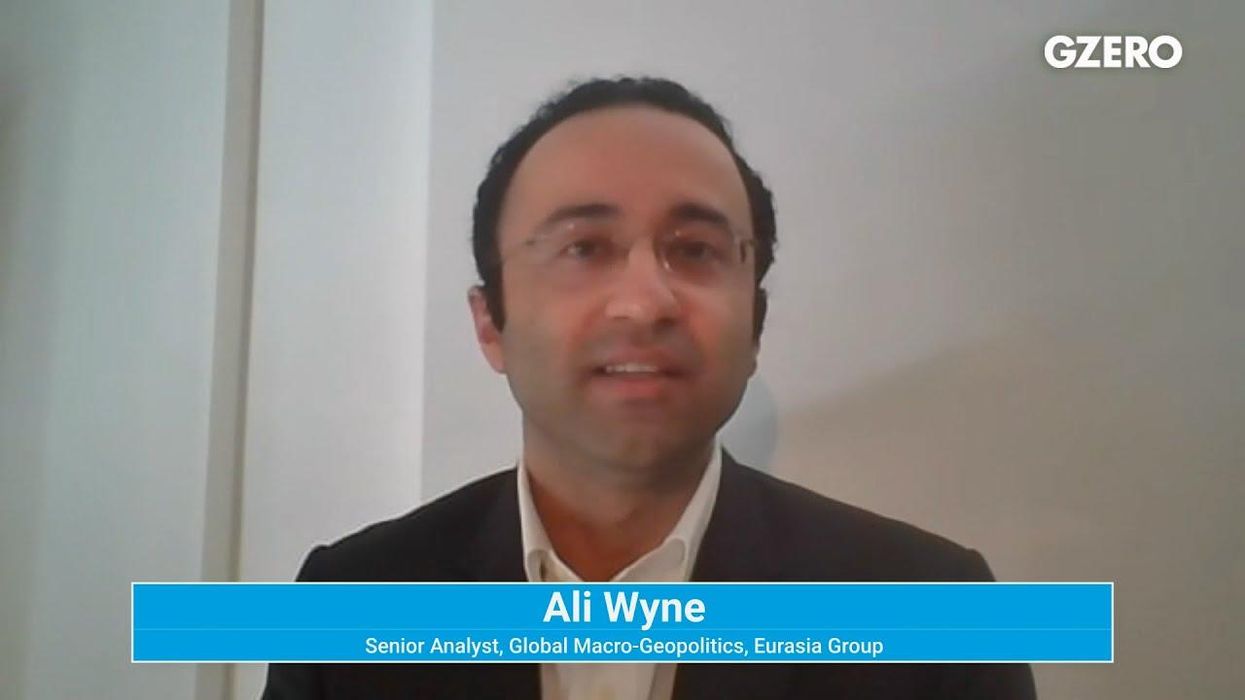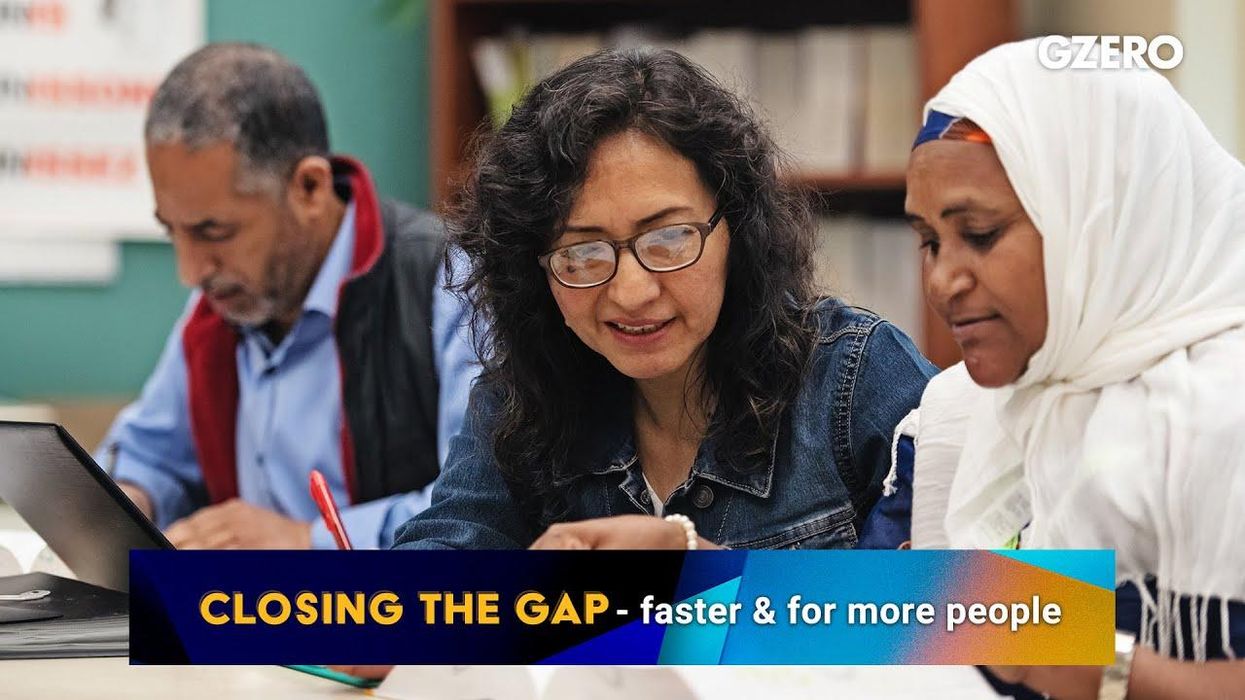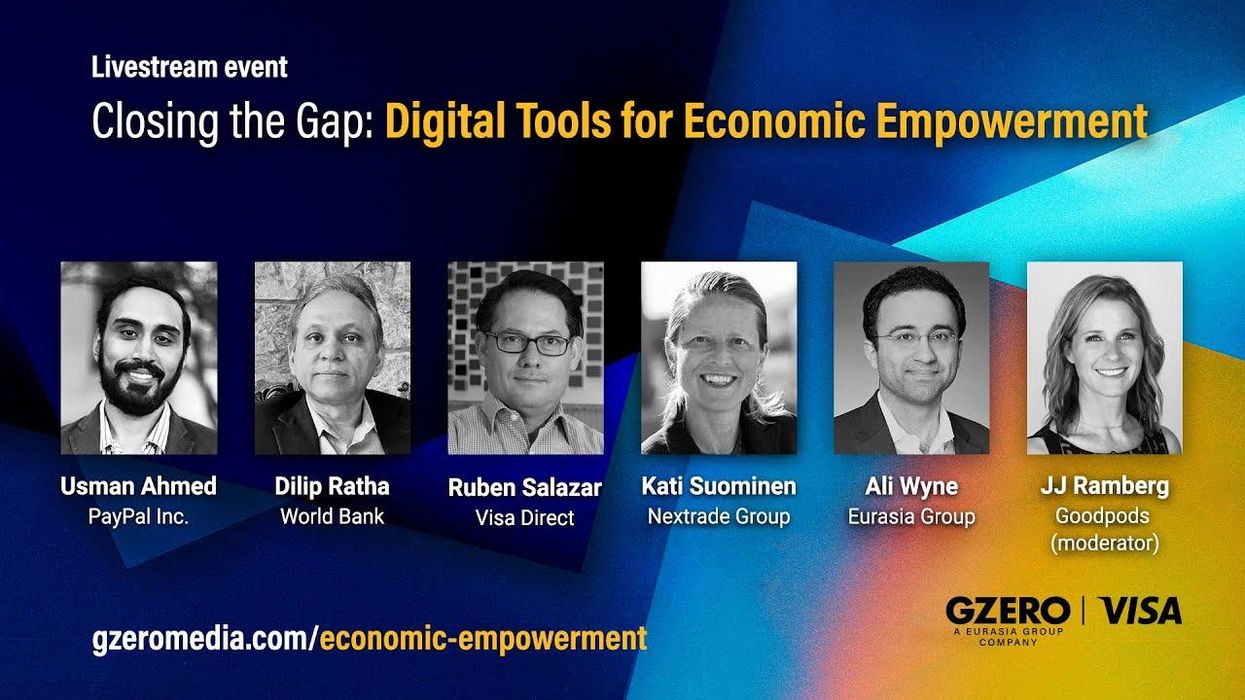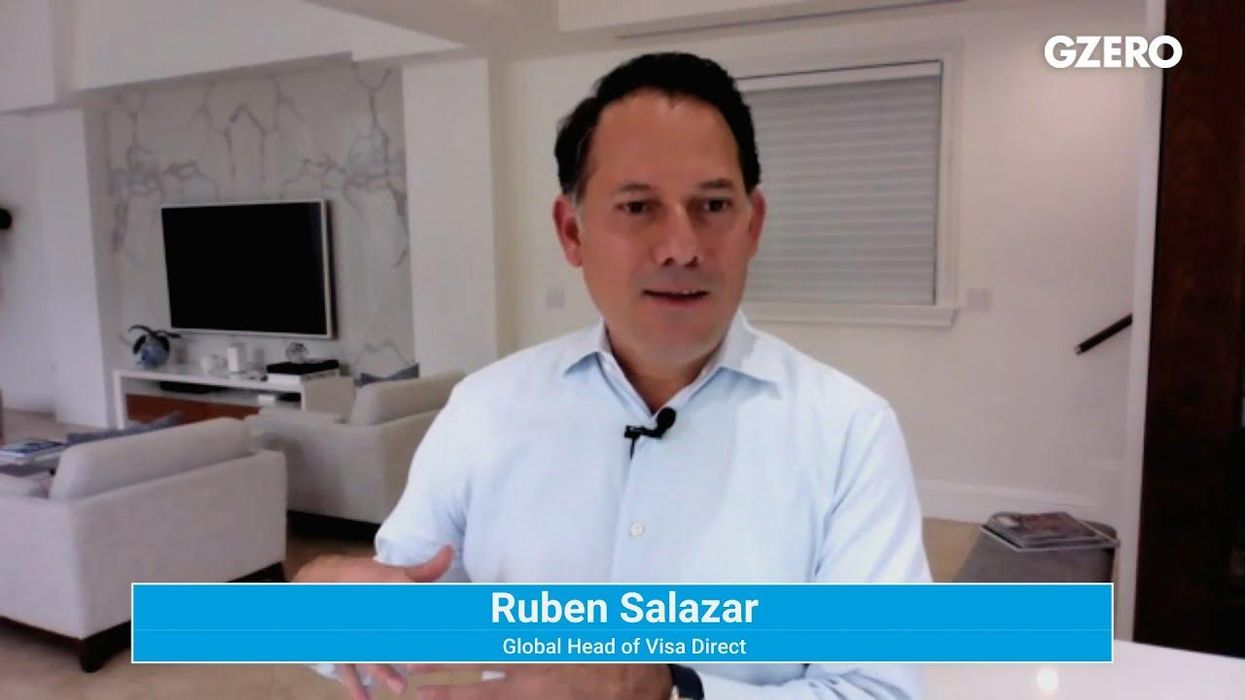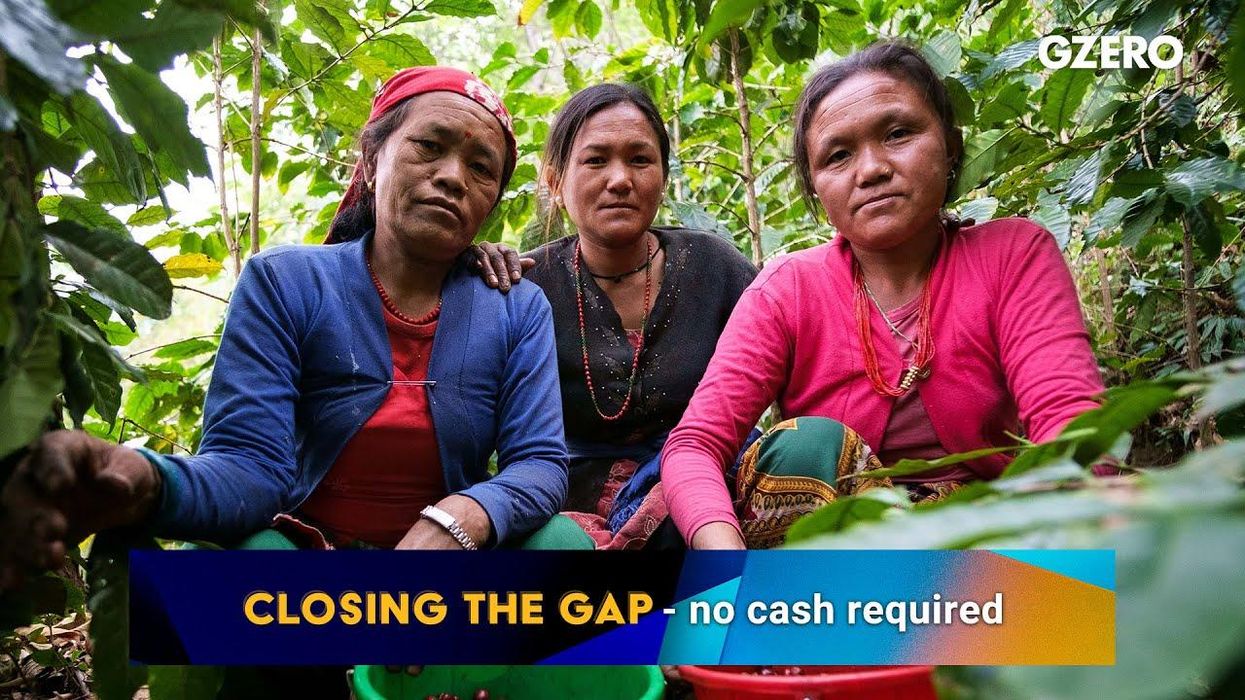Closing the Gap
How digitization is accelerating international trade
How did the pandemic facilitate cross-border trade? It certainly helped move things along more efficiently in two ways, Nextrade Group founder and CEO Kati Suominen says during a livestream conversation on closing the global digital gap hosted by GZERO in partnership with Visa.
Nov 16, 2022
